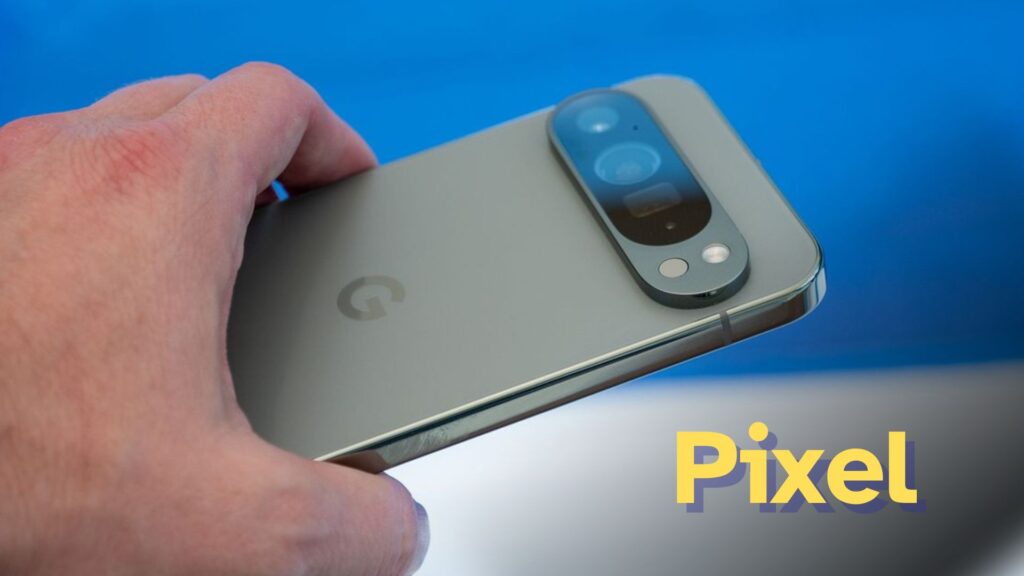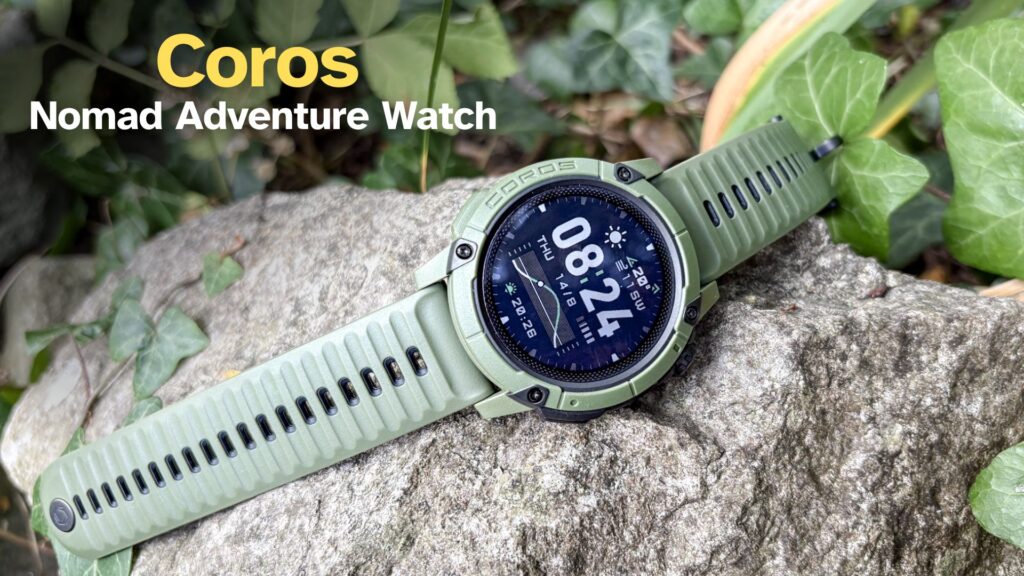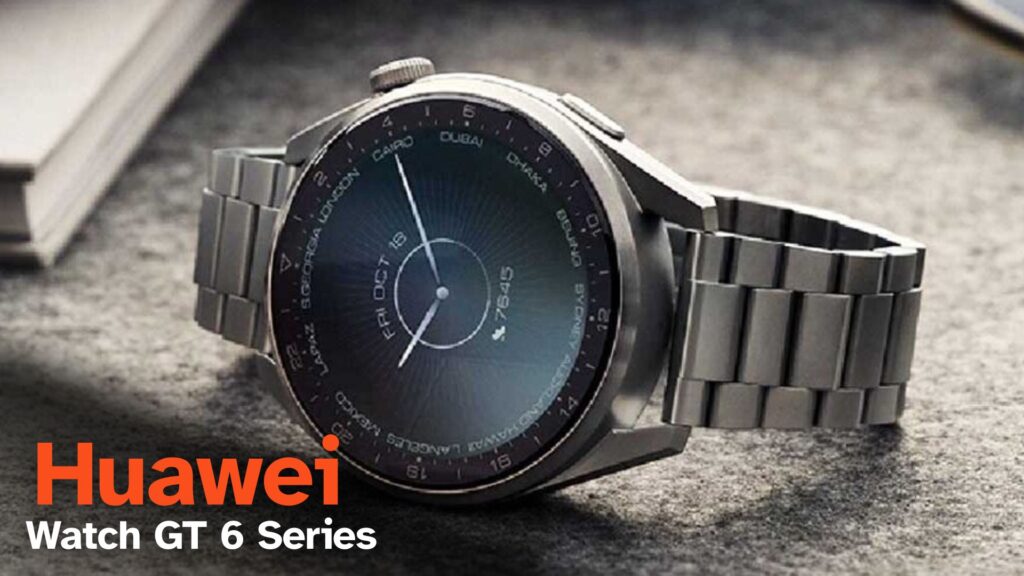Medical technology company Masimo has filed a lawsuit against the U.S. Customs and Border Protection (CBP) after the agency allowed Apple to reintroduce its blood oxygen monitoring feature in the Apple Watch. Masimo argues that CBP’s decision unlawfully overturned a U.S. International Trade Commission (ITC) exclusion order and effectively undermined years of litigation concerning Apple’s alleged infringement of Masimo’s pulse oximetry patents.
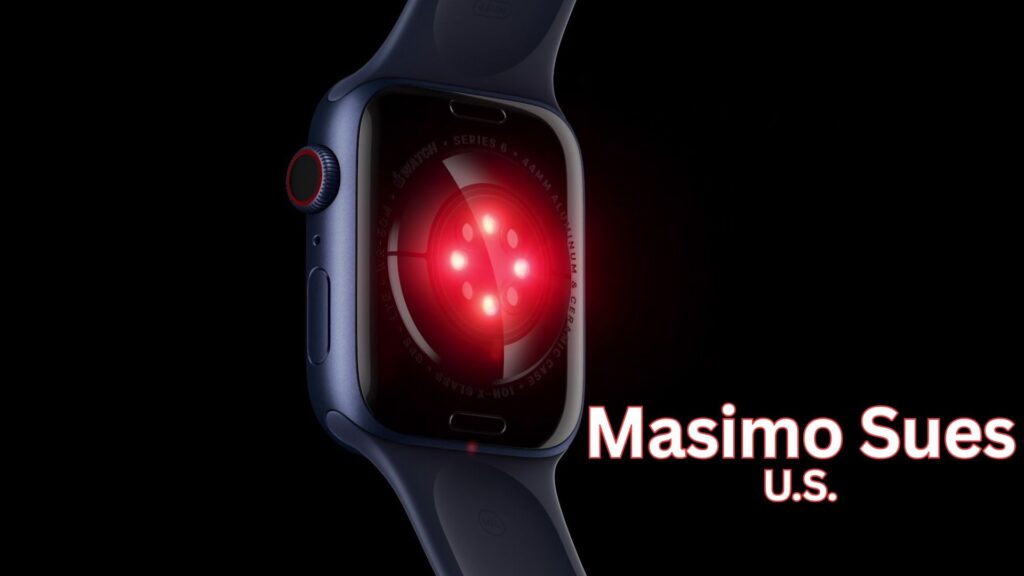
The lawsuit, filed in the federal district court of Washington, D.C., accuses CBP of exceeding its authority and depriving Masimo of due process by granting Apple approval without notice or an opportunity for the company to respond.
Background of the Dispute
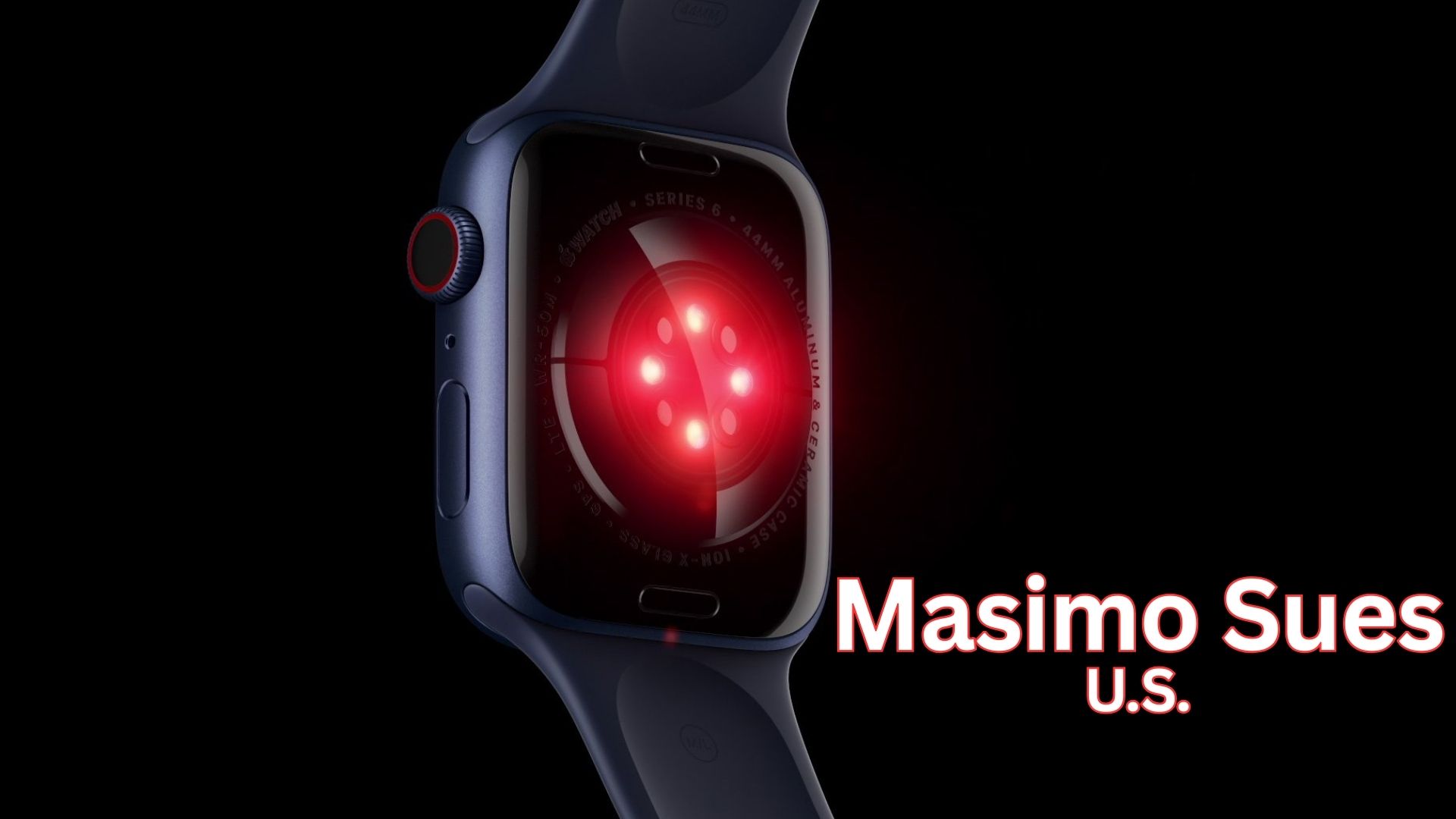
Masimo and Apple have been locked in a lengthy legal battle over pulse oximetry technology. Masimo holds patents on gathering oxygen saturation data from user-worn devices, which it claims Apple unlawfully incorporated into its Apple Watch.
In January 2024, the ITC ruled in Masimo’s favor, resulting in an import ban on Apple Watches equipped with the blood oxygen feature. Following that ruling, Apple disabled pulse oximetry functionality on its U.S. models to comply with the exclusion order.
However, in August 2025, Apple announced the return of the feature, stating that its watches would now rely on iPhones to process and calculate oxygen readings. This change, Apple claimed, avoided infringing Masimo’s patents.
Summary Table
Key Details |
Information |
|---|---|
Parties Involved |
Masimo vs. U.S. Customs and Border Protection (and Homeland Security Secretary) |
Issue |
Approval of Apple Watch blood oxygen feature despite ITC exclusion order |
Masimo’s Claim |
CBP exceeded authority, violated due process, and allowed superficial workaround |
Apple’s Position |
Redesign is compliant, as calculations are processed on the iPhone |
Ruling Date |
August 1, 2025 (CBP approval); announced August 14, 2025 |
Court Filing |
Federal District Court, Washington, D.C. |
Relief Sought by Masimo |
Preliminary injunction to block CBP ruling |
Official Site (Case Information) |
Customs’ Approval of Apple’s Workaround
On August 1, 2025, CBP issued an ex parte ruling that approved Apple’s redesigned smartwatch. The agency determined that when the Apple Watch is considered on its own, without pairing with an iPhone, it does not directly infringe Masimo’s patents.
The ruling was made without Masimo’s knowledge and only came to light when Apple publicly announced the return of the feature on August 14, 2025. Masimo claims it was deprived of the chance to challenge the decision beforehand.
Apple reportedly submitted five redesigned watches to CBP for review. Because the devices did not include iPhones in the shipment, the CBP concluded that the watches alone were not infringing. Masimo argues that separating shipments of watches and iPhones is a superficial tactic because the two devices are clearly intended to be paired together by consumers.
Masimo’s Legal Argument
Masimo’s complaint highlights three central claims:
-
Due Process Violation – Masimo alleges that CBP reversed its prior stance without any justification or notification, depriving the company of its legal right to be heard.
-
Exceeding Authority – The company asserts that CBP’s role is to enforce ITC exclusion orders, not reinterpret or create loopholes that nullify them.
-
Superficial Redesign – According to Masimo, Apple’s workaround simply offloads one step of the infringing process to the iPhone while maintaining the same underlying components and capabilities in the watch.
Masimo is seeking a preliminary injunction to block CBP’s ruling and halt the import of Apple Watches that use the redesigned method of blood oxygen measurement.
Apple’s Position
Apple maintains that its redesign is legitimate and does not infringe Masimo’s intellectual property. By shifting the processing of blood oxygen data from the watch to the iPhone, Apple argues that it has complied with the ITC ruling while continuing to deliver the feature to its customers.
Furthermore, Apple points to CBP’s approval as confirmation that its redesigned devices are not in violation of Masimo’s patents when imported into the United States.
Questions About CBP’s Decision
Masimo has also raised concerns about transparency. The company claims it received only a redacted version of CBP’s ruling after demanding documentation through legal channels. When Masimo requested additional details, CBP issued only a brief response, stating that the approval was granted under “exceptional circumstances.”
Masimo’s legal team suggested that Apple’s ongoing commitments to invest heavily in U.S. manufacturing might have influenced the agency’s position, though no direct accusations were made.
What Happens Next
The outcome of Masimo’s lawsuit could have significant implications for both Apple and the enforcement of ITC exclusion orders. If the court sides with Masimo, Apple may once again be forced to disable or restrict the blood oxygen feature in its U.S. Apple Watches. Conversely, if Apple prevails, it would set a precedent for tech companies seeking workarounds to import bans by shifting certain functions to companion devices.
For now, Apple customers in the U.S. can access the pulse oximetry feature again through a software update, though its future availability remains uncertain pending the outcome of the legal challenge.
Frequently Asked Questions (FAQ)
1. Why is Masimo suing U.S. Customs instead of Apple directly?
A. Masimo is challenging CBP’s authority to approve Apple’s workaround. Apple remains subject to ITC rulings, but Masimo believes CBP undermined those directives by allowing imports.
2. What was the ITC’s original ruling?
A. In January 2024, the ITC banned Apple from importing watches with blood oxygen monitoring features because they infringed Masimo’s patents.
3. How did Apple change its design to get approval?
A. Instead of calculating oxygen levels directly on the watch, Apple’s redesign shifts the data processing step to the iPhone.
4. Could Apple lose access to this feature again?
A. Yes. If Masimo succeeds in court, Apple may be forced to disable or restrict the blood oxygen feature once more in U.S. models.
5. When will the court make a decision?
A. There is no fixed date yet. Masimo has requested a preliminary injunction, but the case could take months or longer to resolve.
For More Information Click HERE

